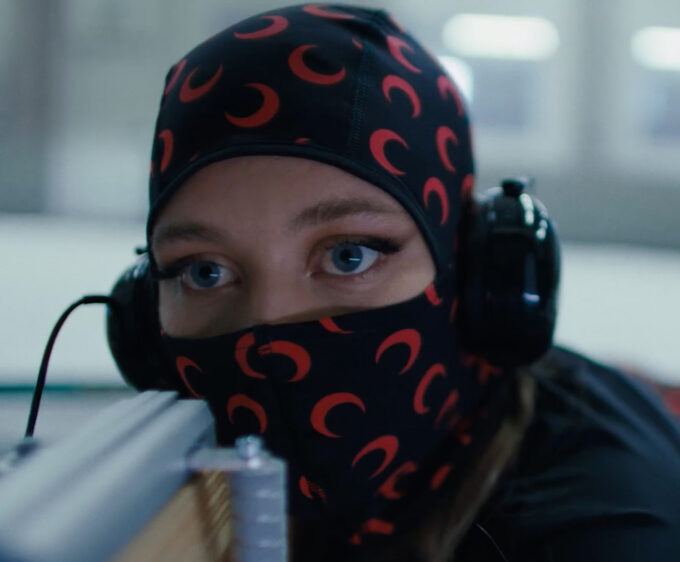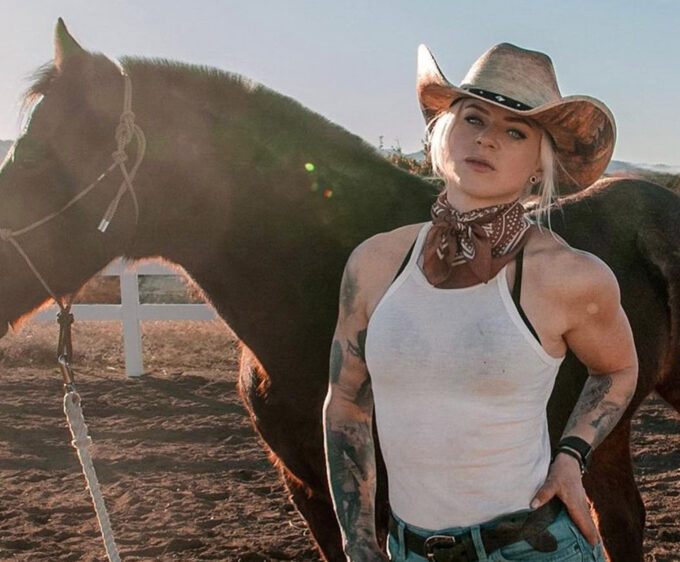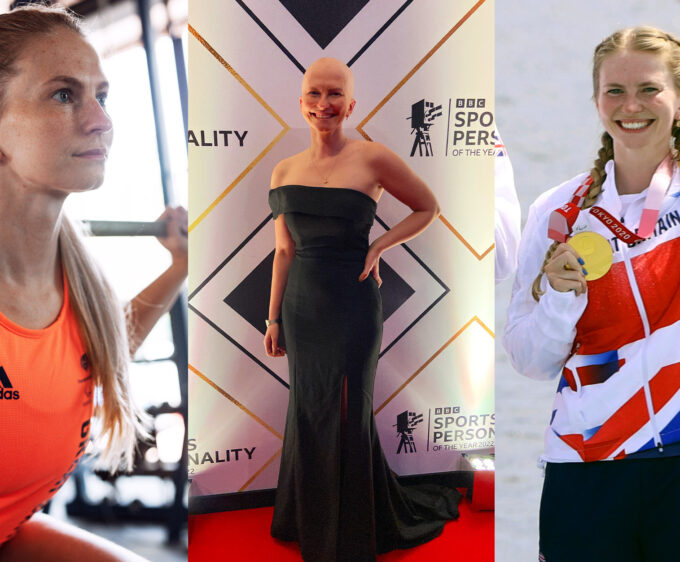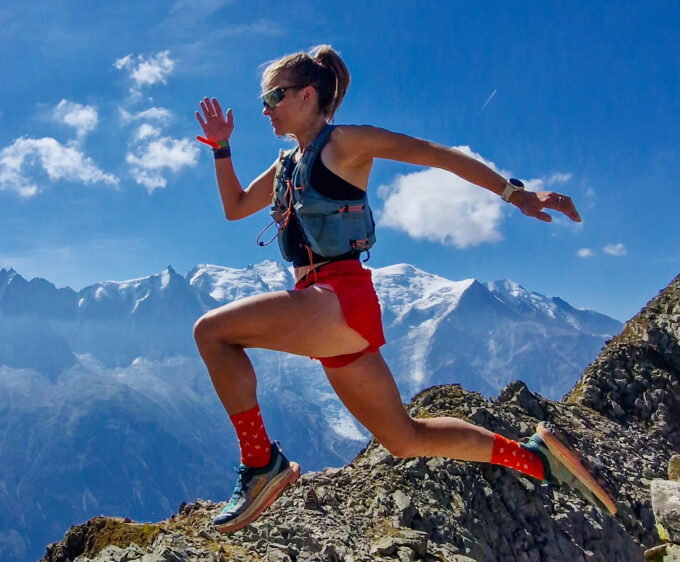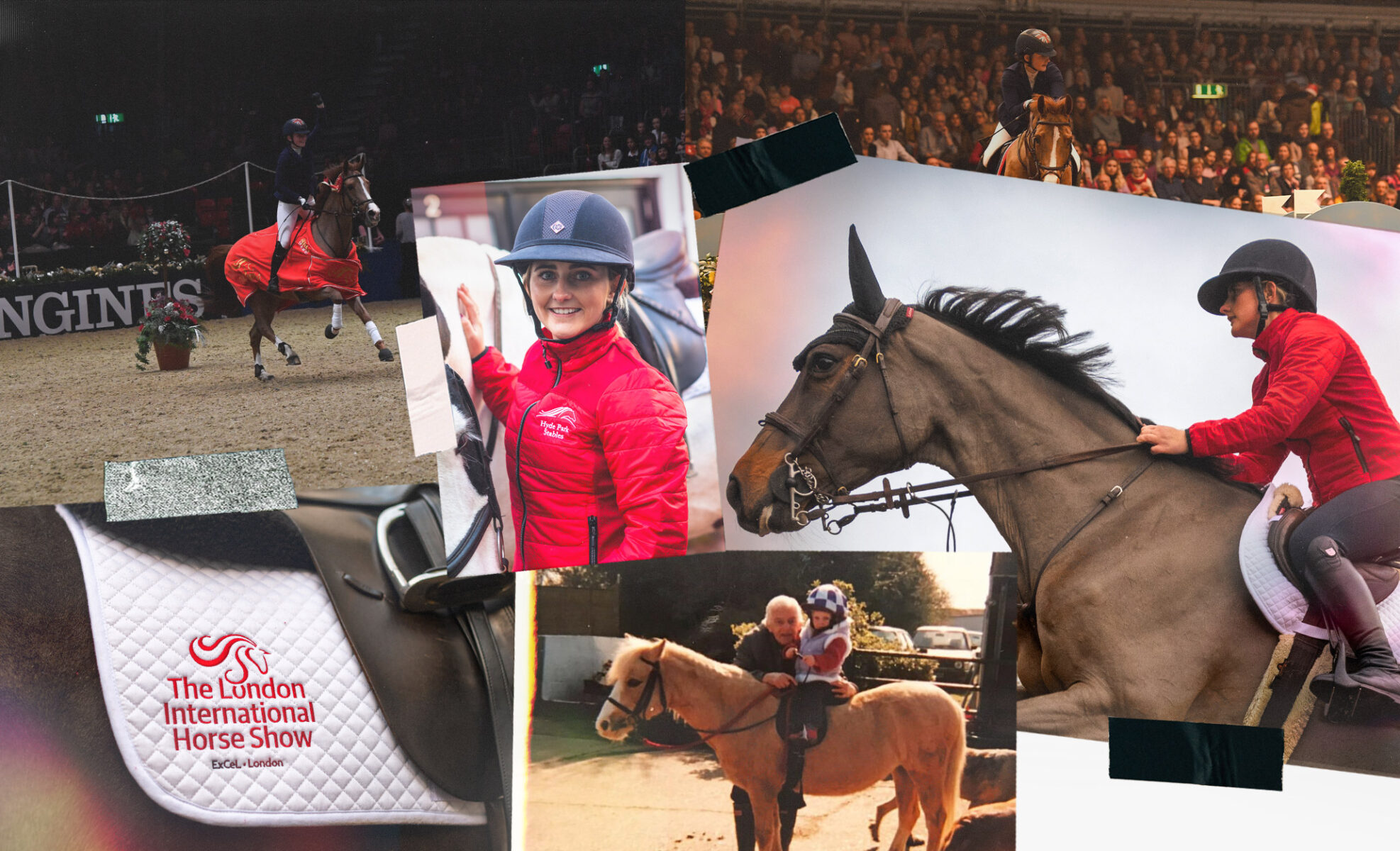
Jumping London
“I always want people to be able to see horses, and to be able to get into the sport.” Tilly Berendt joins British international showjumper Jodie Hall McAteer for a hack through Hyde Park to find out about Jodie's lifestyle and what it takes to compete with the world’s best
By Tilly Berendt
Young showjumper Jodie Hall McAteer’s eyes light up when she talks about her horses. There’s Salt’N Peppa, with whom she’s competed at the under-18 and under-21 level with, before moving up to her senior British team debut and top-level five-star competitions: “He’s amazing – he means everything to me,” she says with a fond smile, “and he’s given me so much confidence to jump at this level. He’s very sensitive, and can be a bit spooky – he’s a little bit of a diva, but he always gives 100%.”
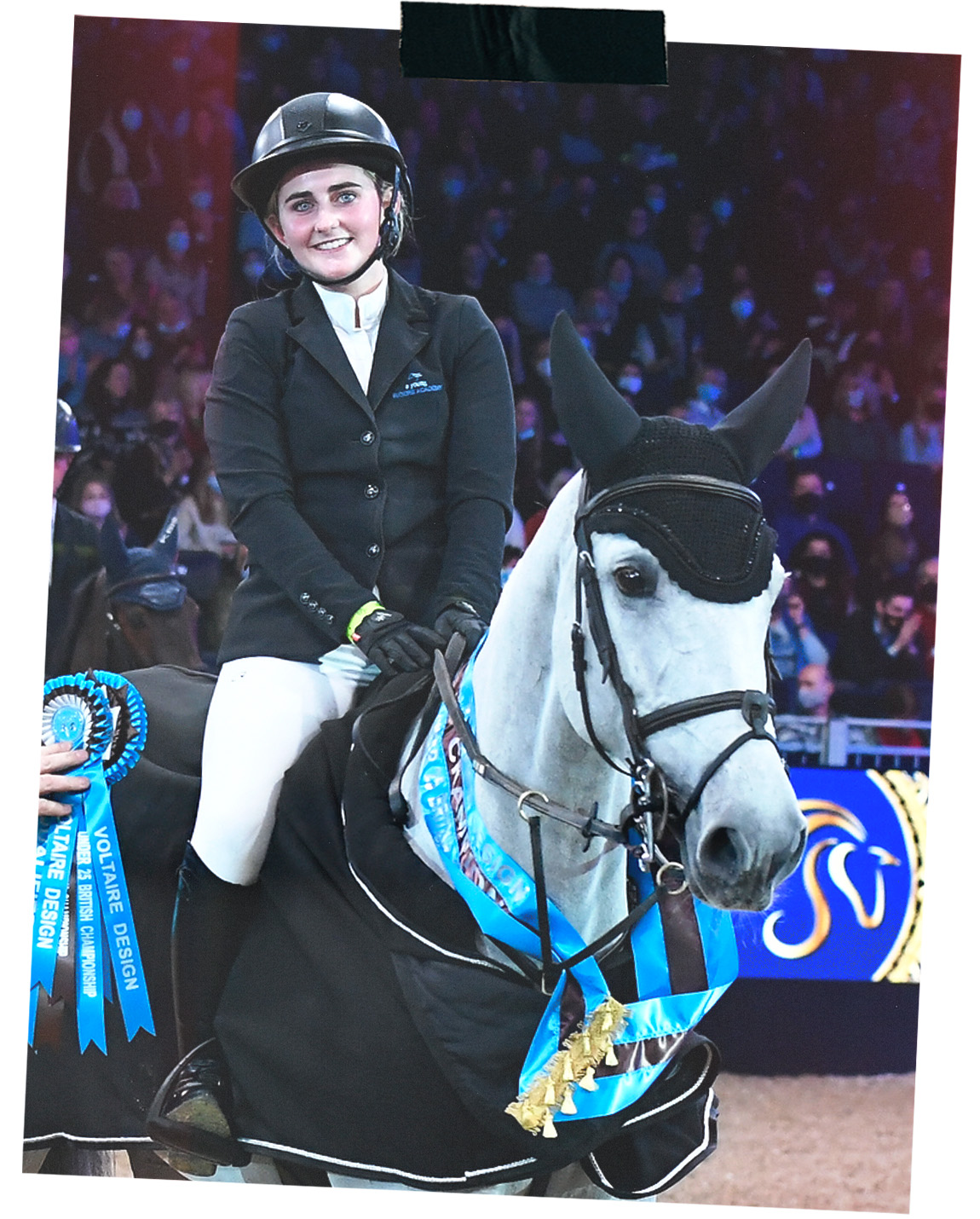
Then there’s 11-year-old speed specialist Kimosa van het Kritrahof, aboard whom Jodie won her first five-star class at Valkenswaard last summer: “She’s very strong-hearted, and quite feisty in the ring. She lights up when she hears the bell go, but she’s quite lazy in her character otherwise – she’s a bit of a mare.” New ride Hardessa, who only joined Jodie’s string in the beginning of 2022, is proving to be the teacher’s pet already. “She’s very easygoing and quite uncomplicated,” says Jodie. “She’s got a very good attitude.” It might sound like something out of a pony paperback but, Jodie explains, knowing the horses that play such a huge part in the sport is just as crucial as rigorous training is to success. “They’ve all got their own personalities, and it’s so important to get to know them, because you need to be able to adjust your own personality to match and support each horse you get on,” she explains.
But at the heart of every great equestrian athlete is a kid who dreamed of simply riding – and it’s clear how much joy Jodie gets simply from being around horses, whether they’re elite performers or cherished pets. And so with that, it’s high time to head back outside, into the familiar sweetness of the stables and then beyond, where Jodie is escorting me for a hack on two of the family stable’s kindly cobs. It’s easy to think of equestrian sport as something that unfolds purely in the moneyed rural areas of the country, scarcely straying further inward than London’s high-income commuter belt. But for Jodie – and, indeed, many showjumpers and enthusiasts – the sport is becoming an increasingly urban one. When we meet, it’s not in some sun-dappled field peppered with birdsong, but rather, in the last mews in London that’s retained its original purpose: housing horses and the people who love them.
Tucked into this sweet enclave of central London are two historic city stables, and one of those, Hyde Park Stables, became the family’s pet project back in 2018 when its longtime owner, the late Richard Briggs, decided to sell up. Conscious that the desirable location would make it a covetable spot for developers, he got in touch with his old friend Mandy Hall, herself an experienced riding school proprietor, and made his pitch. On the urging of her daughters, Jodie and Eleanor, she bought the stables, and after weathering the storms of the pandemic, now runs a thriving business from it, introducing folks from London and well beyond to the joys of horses. For Jodie, whose career now takes her to a new city nearly every week of the year, it feels like something of a homecoming to be here, quietly preparing for the last hurrah of the 2022 season while winding down from the previous eleven months.
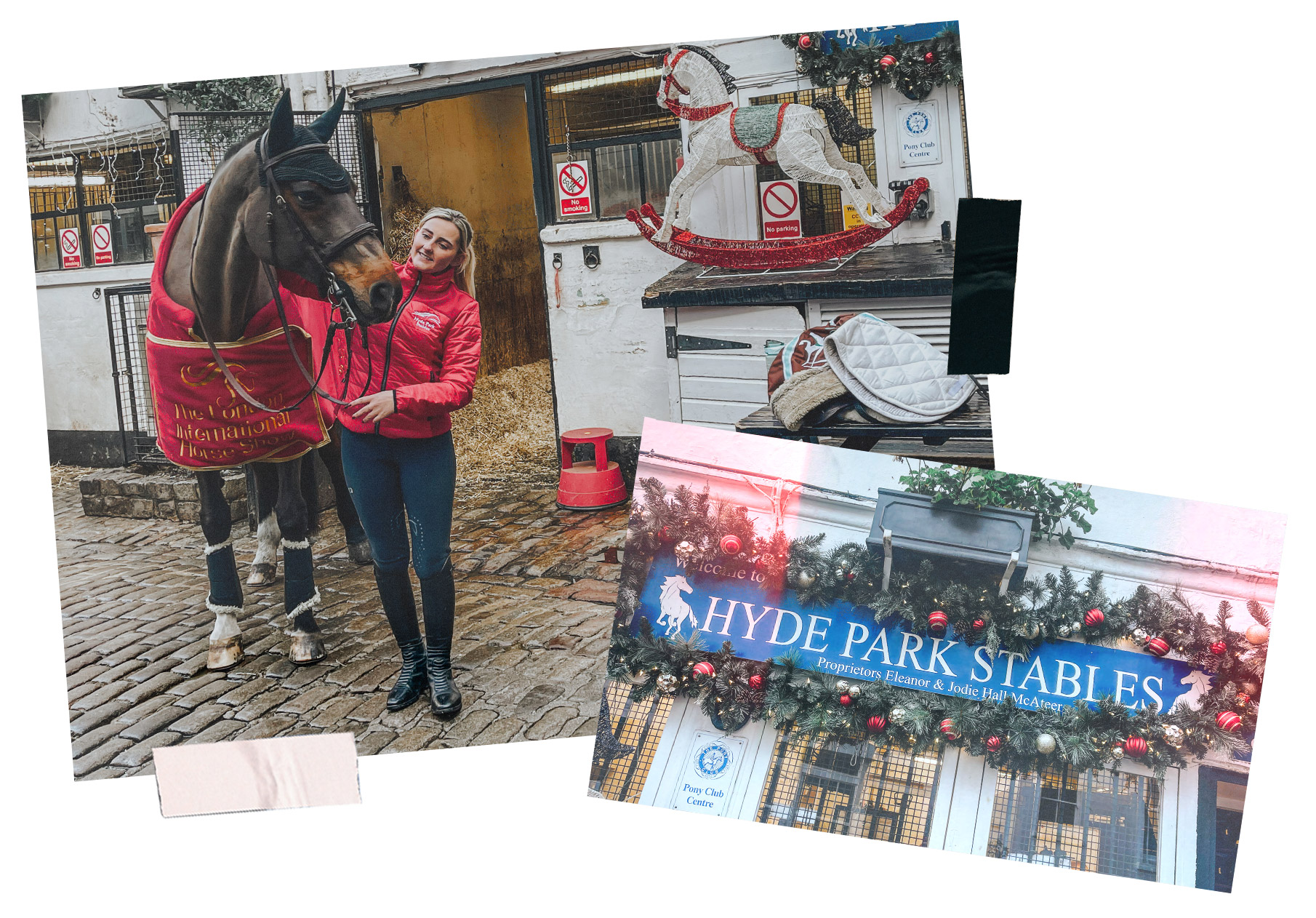
“My great grandparents actually had a grocery shop in Camden, and then they ventured out into the suburbs and started a riding school,” says 22-year-old Jodie, who grew up in the same environment and doesn’t even remember her first time sitting on a pony. “I was out in the stables every day or playing in the fields – I was very lucky with the upbringing I had. Being so close to the city, but also out in nature, was something very special. Having horses around you from such a young age, you learn a lot from them – not just how to ride, but a lot of values.” Though this rare period at home is ostensibly downtime from the whirlwind pace of the year-long competition season, it’s also an important preparation for one of the biggest shows of her year: the London International Horse Show, a traditional pre-Christmas sweetener, newly relocated to the ExCel Centre, which combines top-level sport with holiday festivities – horseback Santa very much included.
For Jodie, as for so many pony-mad children, ‘tisn’t the season until the show begins. “My parents used to own horses for some big riders, and they had a horse called Finbarr V who used to do the puissance class with Robert Whitaker,” says Jodie, referring to the show’s crowd-pleasing high-jump class with its achingly tall red wall. “We used to make Christmas cards for the horses and go and watch everything. And then in 2010, I got to ride there for the first time.” Her debut came in the 12.2hh classes – divisions that are relegated to children on ponies standing at a height of just 127cm. Since then, she’s climbed the rankings, jumping increasingly technical – and tall – courses as she’s aged up. Last year, she won the under-25 British Championship, retaining her title from 2019, and though she’s not yet aged out of the prestigious class, this year she’ll be tackling the next challenge: the feature CSI5* World Cup qualifier.
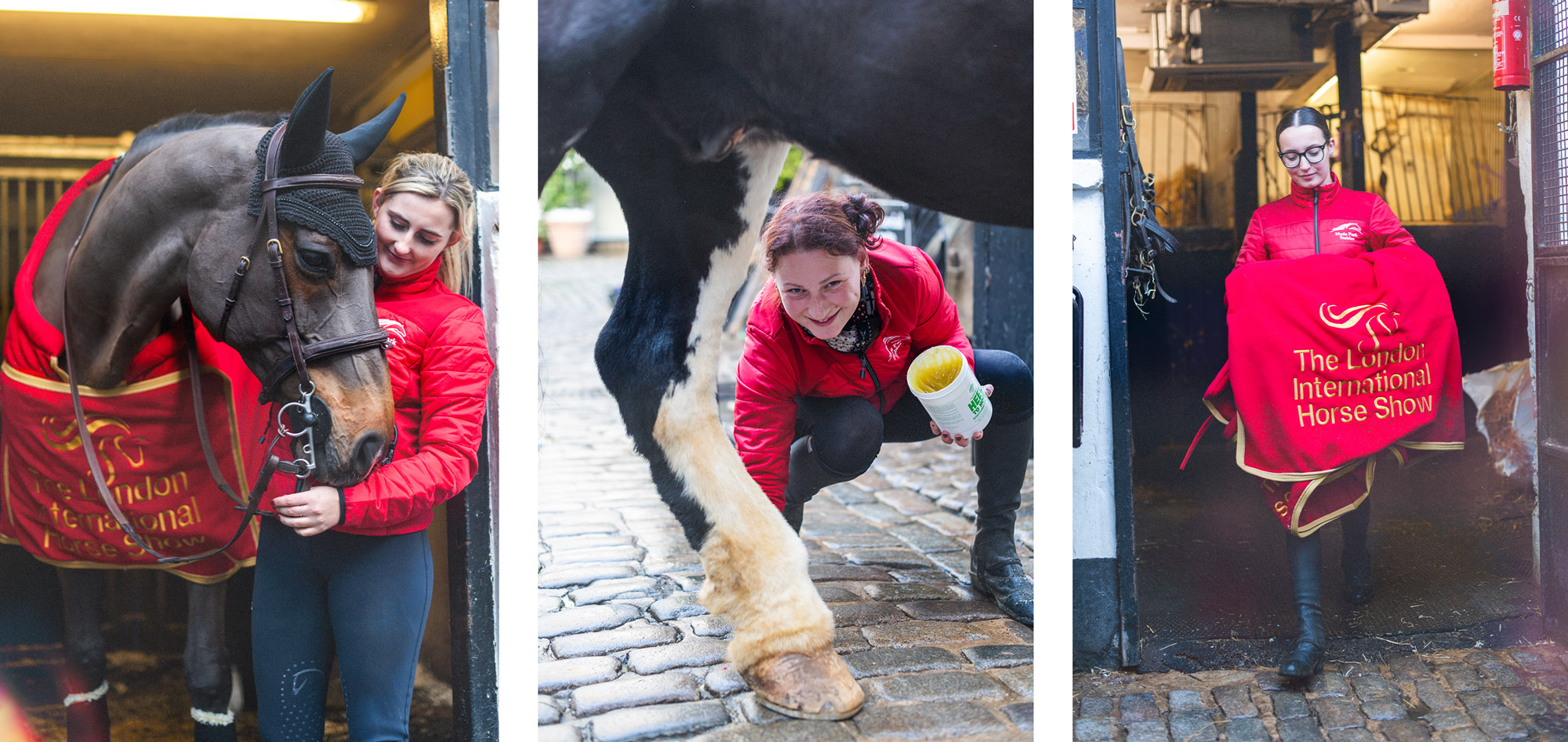
balance
Though Jodie stepped up to the five-star level – the highest in international showjumping – last year, this will be her first World Cup class, and that brings with it an enormous pressure: at just 22, and barely out of the youth rankings, she’ll be pitted against riders who’ve been at the top of their game for so long that their careers are older than she is. But this, she points out, is one of the things that makes her sport of choice such an extraordinary playing field. “There’s no other sport like it,” she says. “At 22, in most other sports I’d be in my prime or getting to it, and then I’d be thinking about retiring. But when you look at the likes of [British team stalwart] John Whitaker, who’s 67, or Norwegian rider Geir Gulliksen, who’s 62… I saw him in Prague last week, and he was telling me it’s going to be his 35th year competing at London! I grew up watching those riders, so to be competing against them now is extremely special – and extremely rare in sport.”
Another factor that distinguishes equestrian sport is its gender equality: other than sailing, the mounted disciplines are the only Olympic sports in which men and women compete against one another without any dispensation for sex – a far cry from the early days of the modern Olympiad, in which riding was restricted to military men. “I’m very privileged to be involved in a sport like that,” says Jodie, “but even if you look at a major show like Hickstead, it wasn’t until a few years ago that women were able to jump in the King George. But the playing field is totally level – the prize money and everything are the same, unlike in women’s football, for example, where players get substantially less than in the men’s game. At the end of the day, we’re all going in the ring with the same task, and for me to be able to hold my own against the men and give them a run for their money is challenging, but to be in a position where I’m able to do it and have that opportunity is incredible. I want to make the most of it and show other young women that it’s possible.”
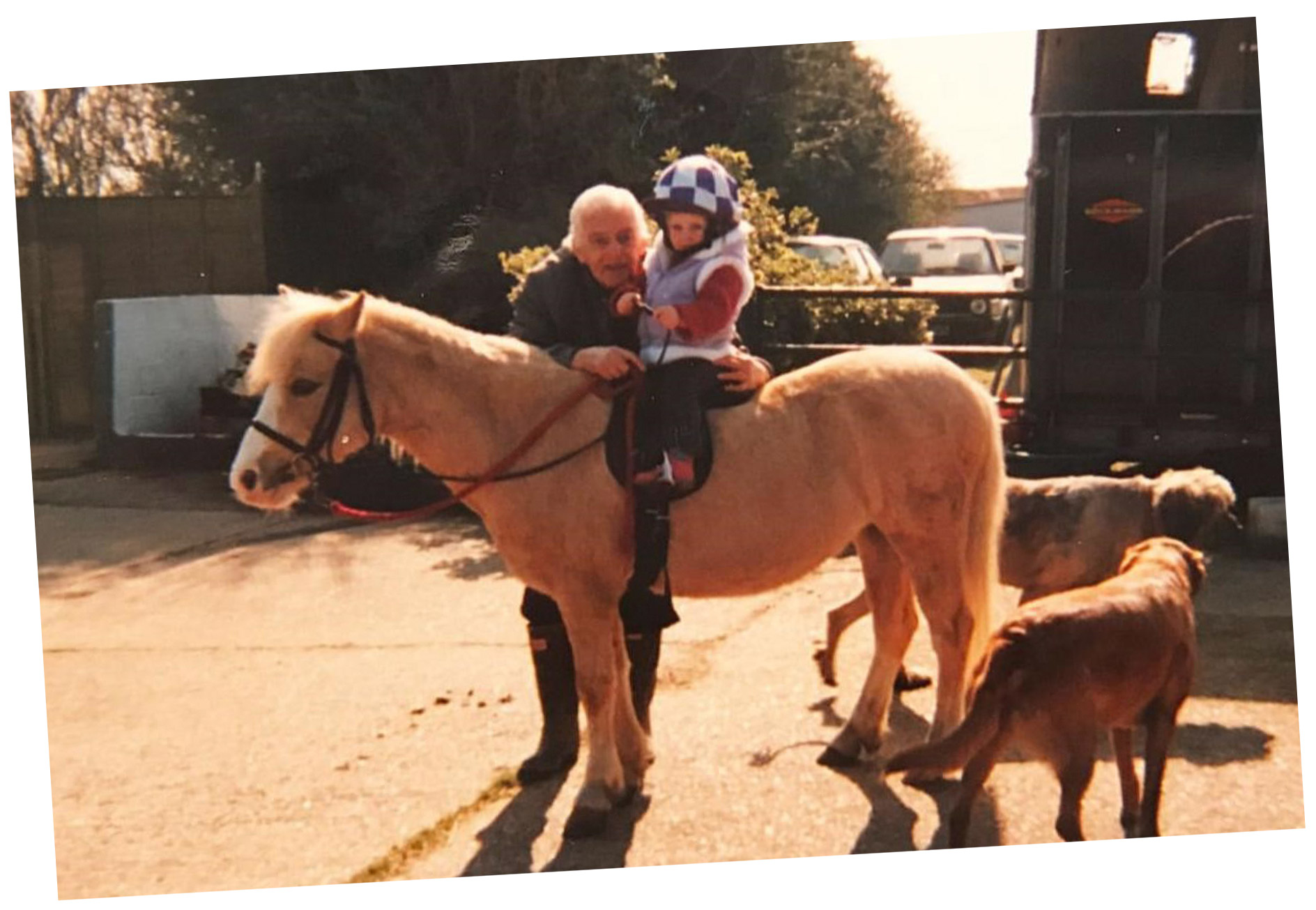
Putting herself in the position to be able to compete against Olympians more than twice her age, though, requires some sacrifice – and equestrian sport’s intensity necessitates many of the normal benchmarks of being a woman in her early twenties being put on hold. “The life balance is something I’m still working on, and that’s partly because I didn’t expect to be in the position I’m in so soon,” Jodie says. “It was just kind of this process by which I was given an opportunity to go to a show, and then it went well, and then another opportunity comes along, and you ride the wave.” Riding that wave meant that her original plan to go to university after earning three A stars in her A-levels was put on hold – though, in hindsight, she has no regrets about the decision.
“I was all set on going, and through school, I felt as though I really had the balance and the discipline of doing the riding and academics and having a social life, too,” she says. “It’s so easy for me, even now, to sit here and say ‘oh, I want to ride for the next 40 years’ – but in five or ten years, I could be on a totally different path. I’m not naïve in that respect, and so I always want to make sure I keep all my doors open.” But, she decided, she owed it to herself to fully focus on whichever path she found herself on in the meantime. “The balance shifted when I needed to decide between university and sport. I thought I could probably balance both, but realistically, if I went to university, I wanted the life that came with that – I wanted to get the most out of the experience. And on the flip side, if I did the riding thing, I wanted to go full steam ahead with that. It’s not in my nature to do things half-heartedly, and so I took the gap year, and then I moved up to five-star, and got put on the British squad. When the next September rolled around, it was all going so well that it made sense to continue on the same path.”
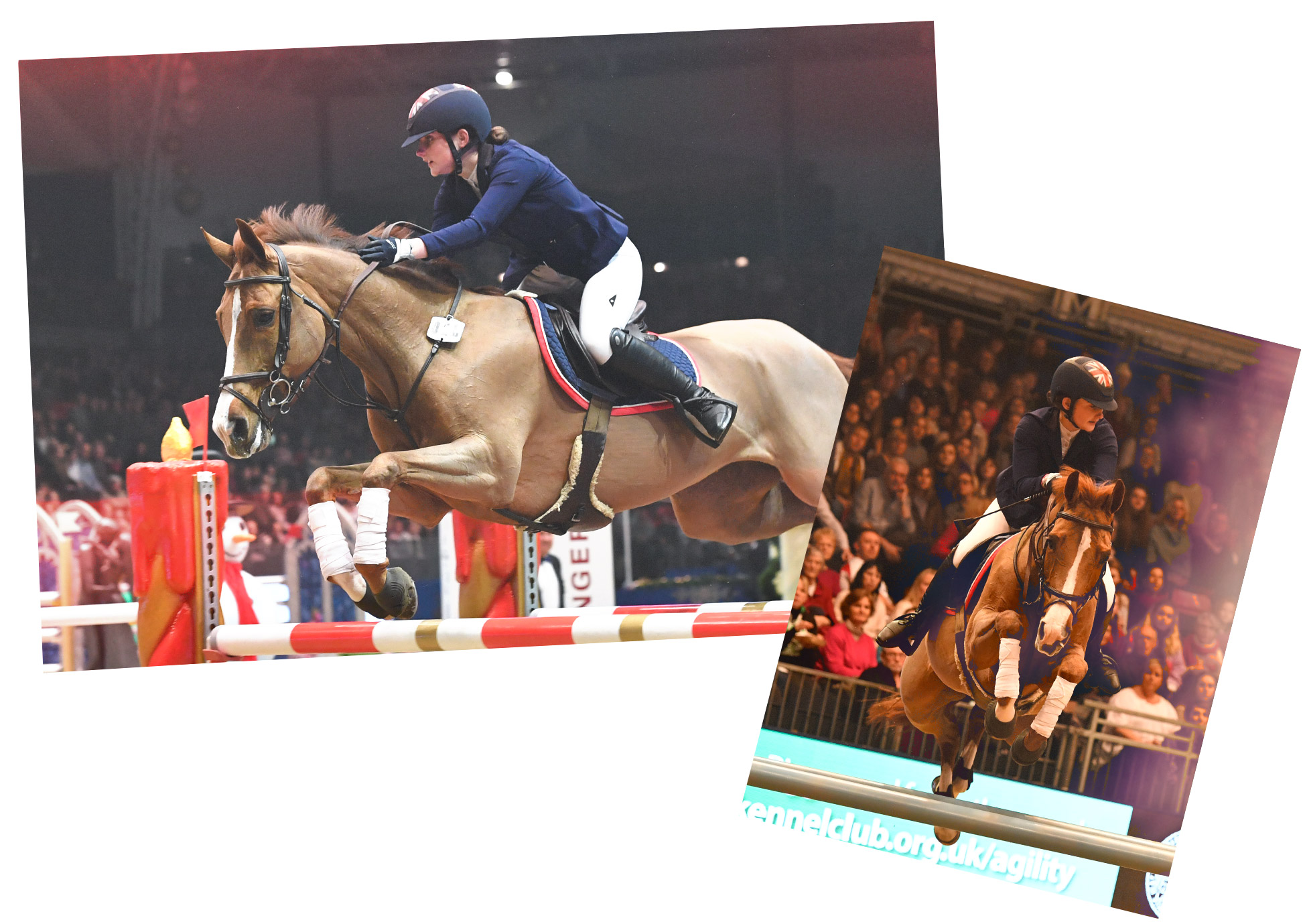
Part of that growing up process? Leaving home – a not uncommon stepping stone after school, but one that saw Jodie relocate to the Netherlands in order to pursue the sport. She received a bursary to train there for six months through the Rolex Young Riders Academy, but once her training period came to an end, she worked on staying at the base of the Schröder brothers, themselves a powerhouse within the Dutch team. The move meant that she had to relocate to a rural neighbourhood, where she lives on her own – but it also allows her to circumvent the logistical difficulties of Brexit, which have made moving horses across the Channel a much tougher, longer process, and one that costs several times what it did prior to Britain’s departure from the EU.
“I live on my own and I organise things on my own, so it’s intense, and it can be overwhelming,” Jodie says. “Every weekend in this sport, you’re travelling away from home, and I miss my friends and my family. Everyone sees you go into the ring and jump big fences and win rosettes, and we’re all so incredibly privileged to live this life, but that doesn’t mean it doesn’t come with its challenges.” Among those? “I’m not a great cook,” she laughs, “and I came to the Netherlands so used to London, where you can always get an UberEats delivery. There, the supermarkets shut early in the village I live in, and when I come home on Sunday night from a show and there’s no food in the fridge, it’s a bit of a shock!”
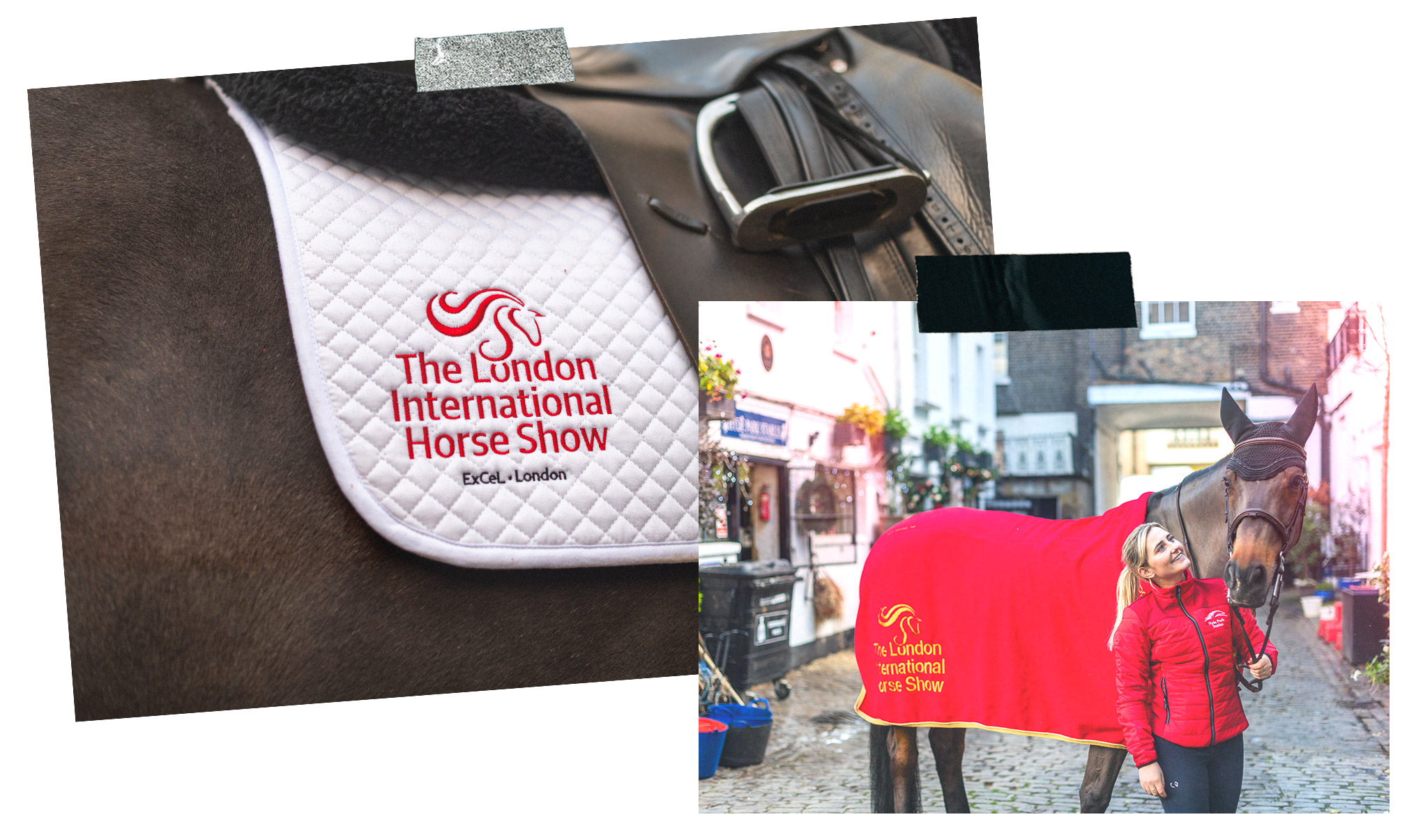
Jodie, though, is eminently capable of turning those challenges into positives: “Being in a village means I don’t get immersed in the hustle and bustle that I do in London. It’s so easy to fill your schedule when you’re living in the city, and to feel you need to be everywhere all the time and seeing people constantly – but taking myself out of that and going into a slower way of life has allowed me to focus purely on my riding and being with the horses for now. That’s really nice. And the showjumping community is really close, too, so even when we’re travelling every week to shows, we’re always surrounded by people we know.
Keeping her own show on the road – with that valuable support, of course – has also given Jodie the opportunity to lay some remarkably mature foundations in her mental approach to the sport. That, too, began in the Young Riders Academy, when the students were introduced to mindset coach Poppy Blandford. “I’d worked with sports psychologists in the past, but never someone who was an equestrian specialist, and that was huge,” says Jodie, who began working one on one with Poppy. In their sessions, they worked on creating analytical processes that Jodie could use to improve from each of her rides, even if she was practicing without a trainer in situ.
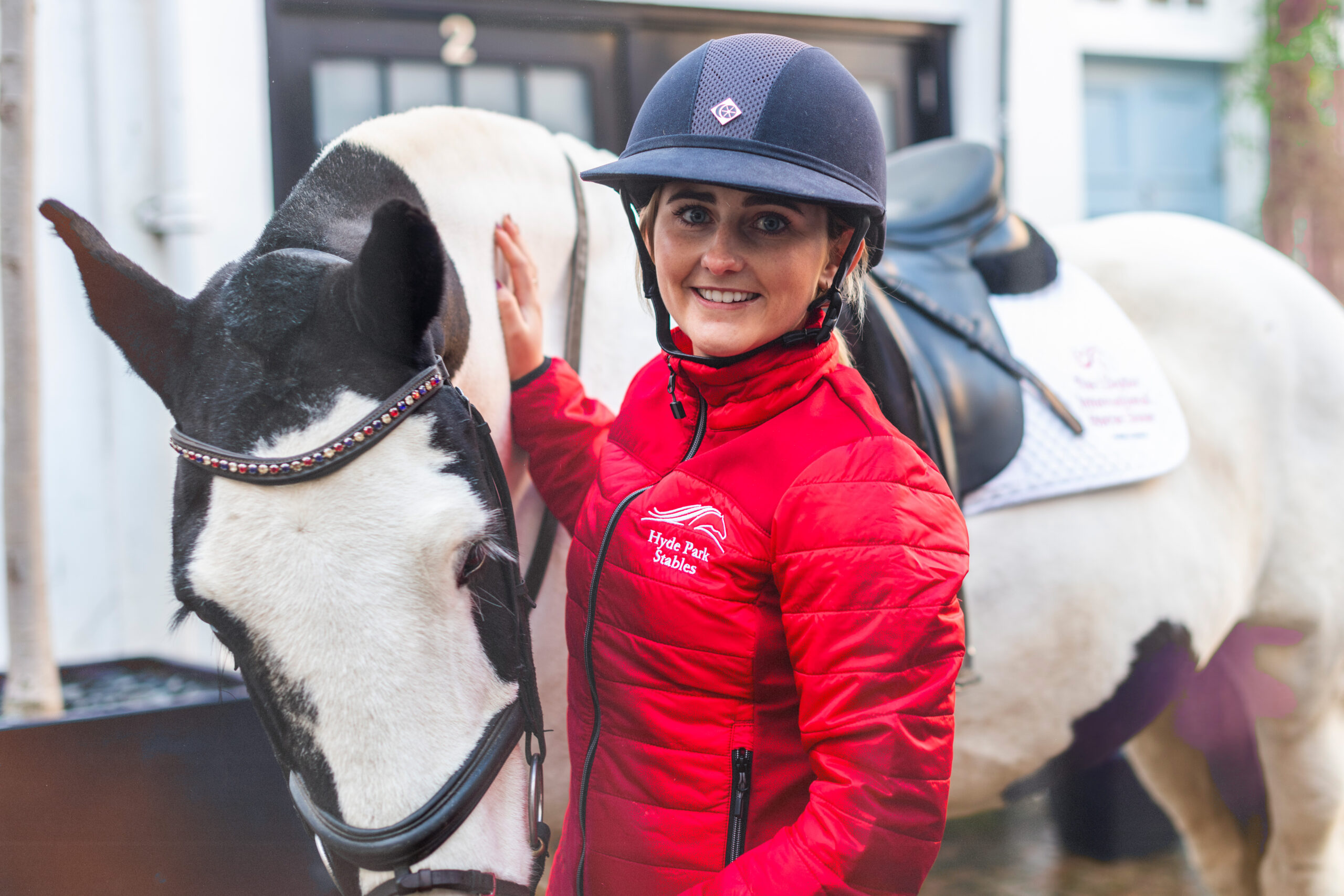
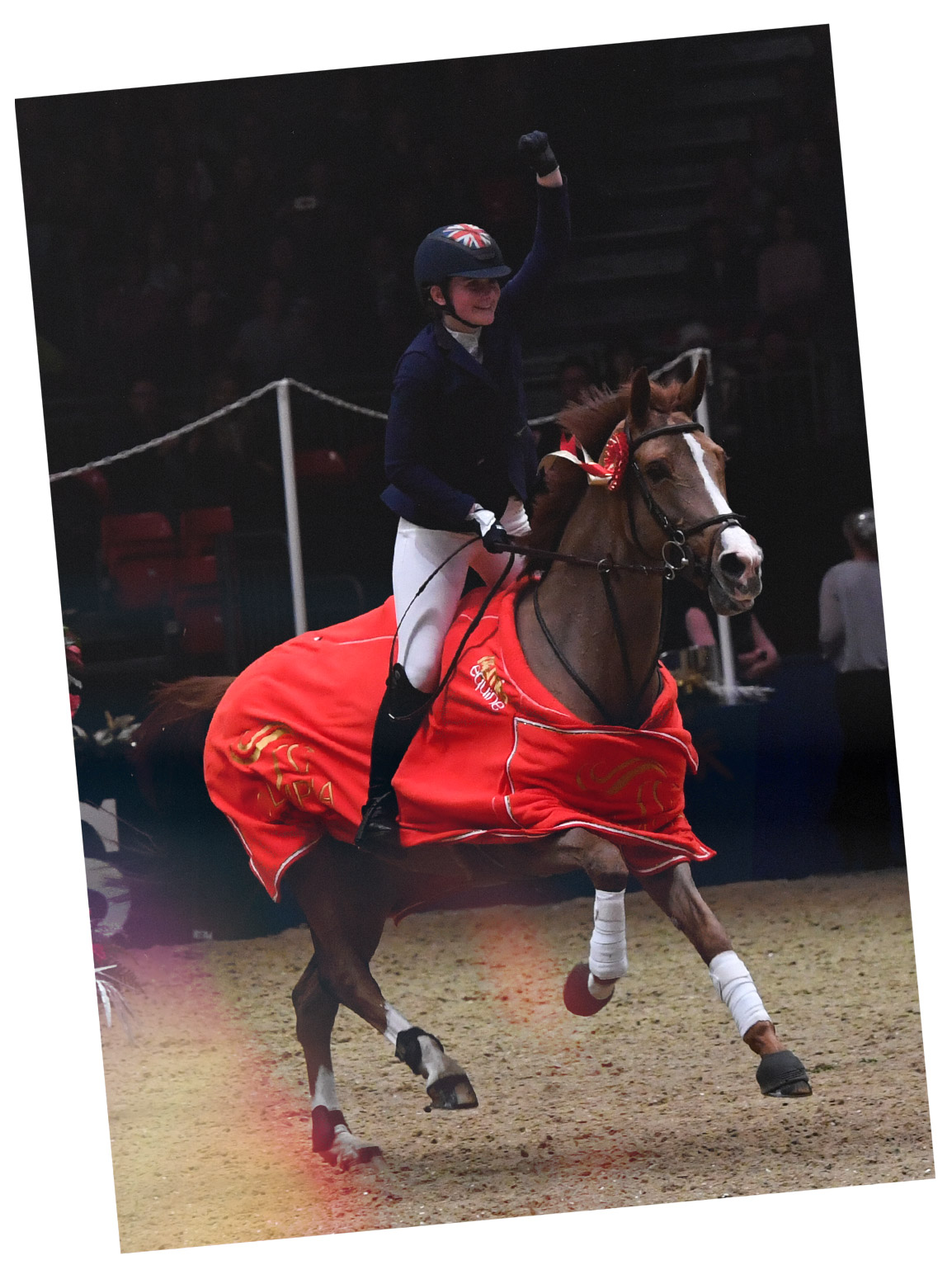
“I love writing, and so when I was having my sessions with Poppy, I began writing down everything we talked about, which turned into keeping a diary of my rides,” she explains. “And then that became a way to plan the build-up to each competition. I had a conversation with Geir Gulliksen that really helped that too: there are so many shows in the calendar, but he told me he was having a few quiet weeks and that more riders should consider doing the same thing. He said that riders should ask themselves why they’re going to the show they’ve entered – is it to gain experience, or to improve before the next show? Is it to win a particular class? If the rider can’t answer that question, they’d better stay home, because you can get on the hamster wheel in this sport and just unthinkingly go from show to show.” Taking a theoretical approach to her rides, her preparation, and her review of each competition in her diary gives Jodie the chance to ask herself that question and give herself and her horses a concrete set of aims every day – and to assess whether she’s managed to nail them.
“Going through what went well or didn’t go well gives you perspective, because it’s so easy, when you’ve had a bad show, to fall into that spiral of thinking ‘I’ve had a rail down; I’m no good; I’m never going to jump clear’,” she says. “But analysing it and reflecting on it means that you can change that to, ‘okay, I had one down – but it’s because I didn’t have my horse moving forward enough, or I got too close to the fence’. You’re learning how not to have that fence down again – and actually, you learn the most from the bad days. The good days are just there to remind you that everything can come together, and to give you that confidence and motivation.” The journal – and the uniquely communal nature of the sport – provide a sense of stasis while Jodie travels the world with her horses. So, too, does the routine of riding – though it’s not always conducive to turning travel into a busman’s holiday. Competing as part of a show series such as the Global Champions Tour, which visits extraordinary locations such as Paris’s Champ de Mars, Miami Beach, and London’s Royal Hospital in Chelsea, allows her access to some of the world’s most beautiful cities – but it also comes with a gruelling schedule.
“You’re in these cool locations, which is so nice, but you’re jumping until very late in the afternoon, and if you want to ride your horse before the show, you need to do it between six and seven am,” she explains. “So you’ll have finished late the night before, and then you’re up at five in the morning to ride, go back to the hotel, get to the gym, try to fit in a nap, and then get back to the show.” But, she points out, it’s all in service of putting the sport in front of a wider audience, which these city-based shows certainly have the scope to do. “We’re very lucky that it’s such a global sport, and that it’s growing as well. I do try to make time to see the places I’m in, because I love history – that’s what I was going to study at university.
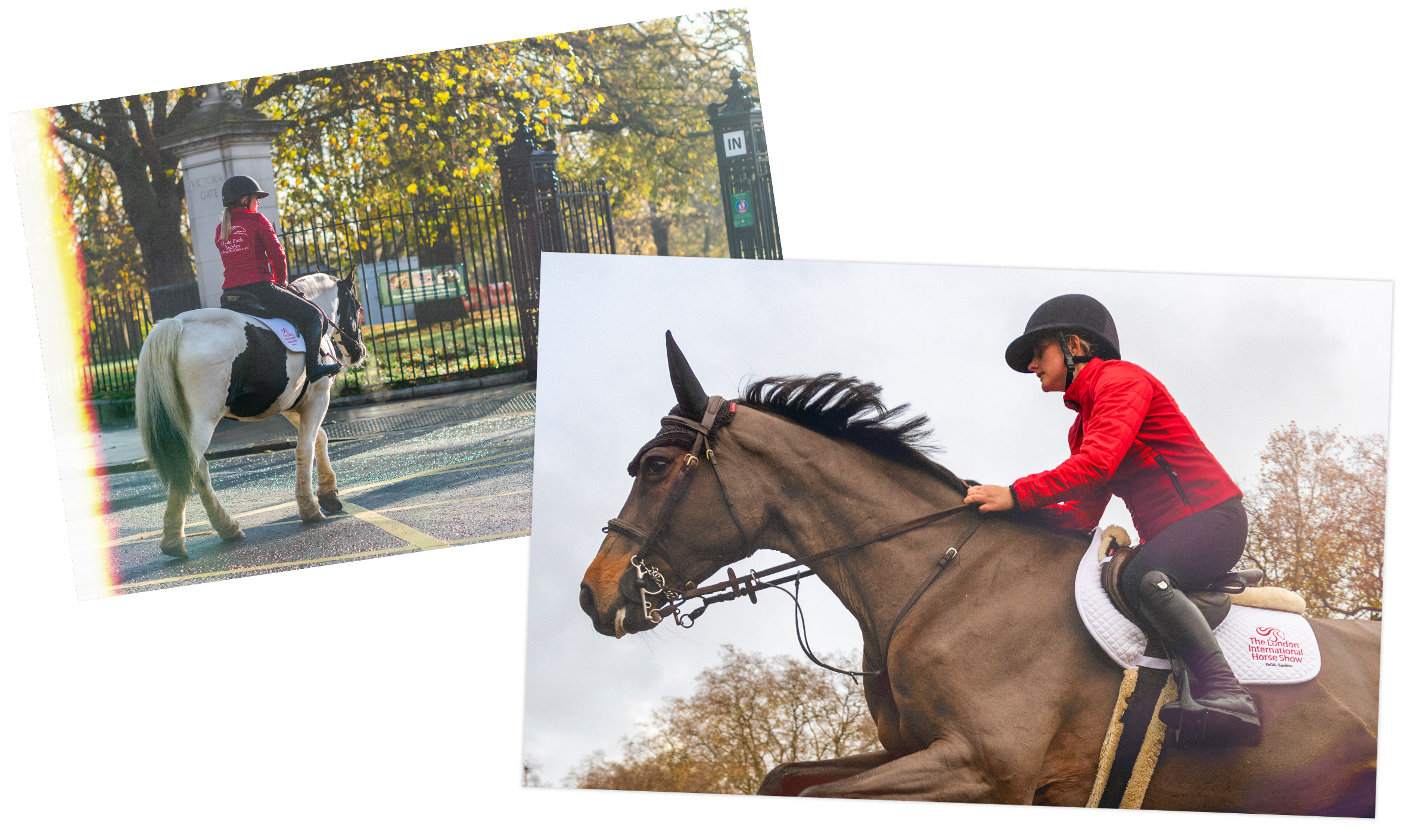
Also important to her, she tells me as we ride back to the stables in a late November Indian summer, is “being a person that my eight-year-old self might have looked up to.” She recalls a trip to one major show, in which a tiny error in calculations cost her four places on the leaderboard. “I’d taken one extra stride to the final fence, and I was so annoyed at myself, because if I’d been just a fraction of a second faster, I would have finished third,” she says. “But then I met this family who’d been following the shows, and following my career, and they’d come all the way from Argentina on holiday to watch. I called my mum afterwards and cried, because it meant so much to meet these little girls. It just put it all into perspective – how could I be annoyed about being seventh, when they were so excited?”
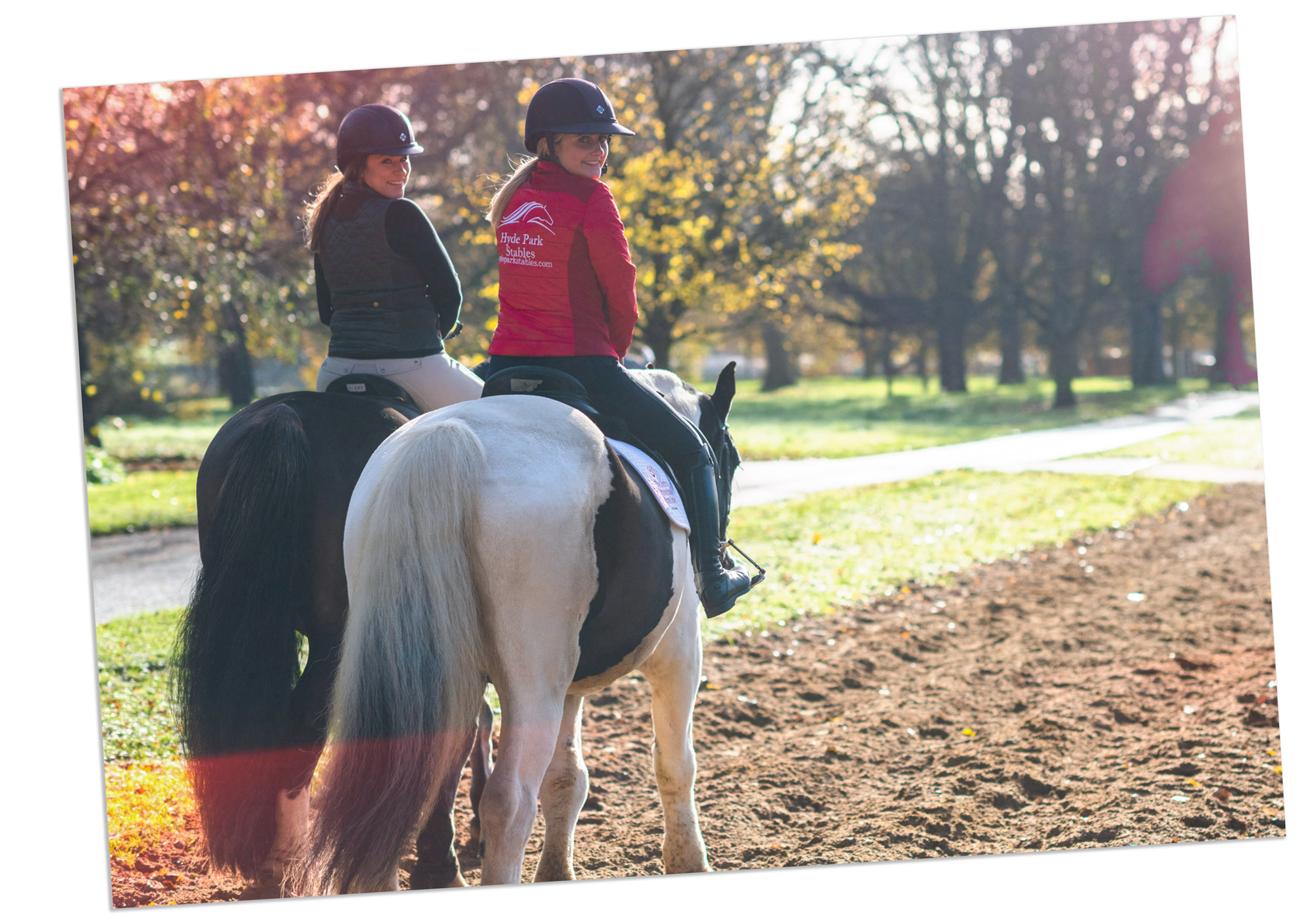
As we wend our way out of Hyde Park, watching the faces of passing children light up as they spot the horses, she smiles. “I always want people to be able to see horses, and to be able to get into the sport,” she says. “And I always want to be someone that people feel they can approach and talk to.” At the end of the day, perhaps the pony-mad child and the laser-focused young adult aren’t such different beasts after all.
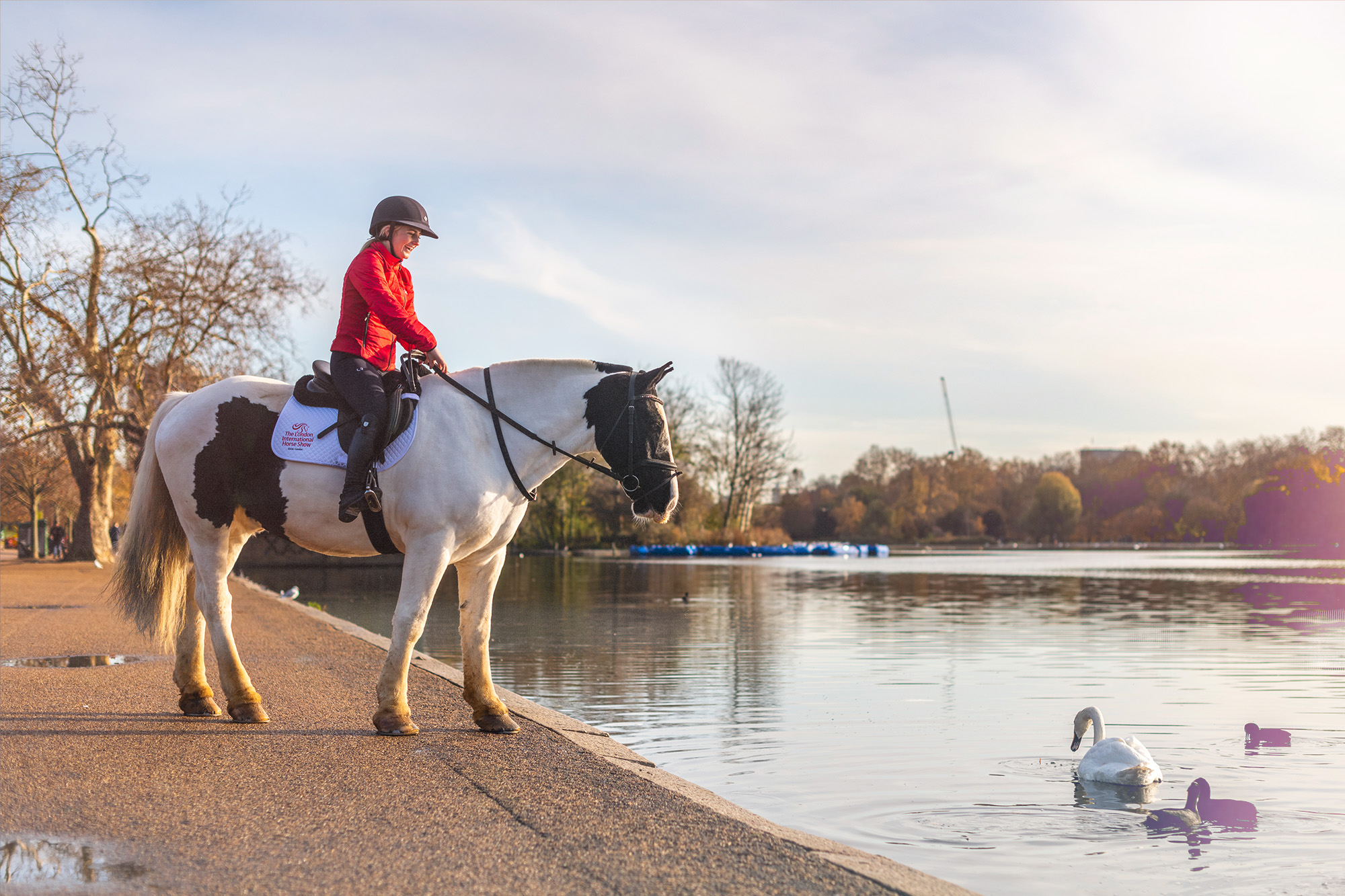
Editorial Design by this is root
Unless stated, photography by London International Horse Show.
The London International Horse Show takes place from 15-19 December. For information and to buy tickets, click here.
